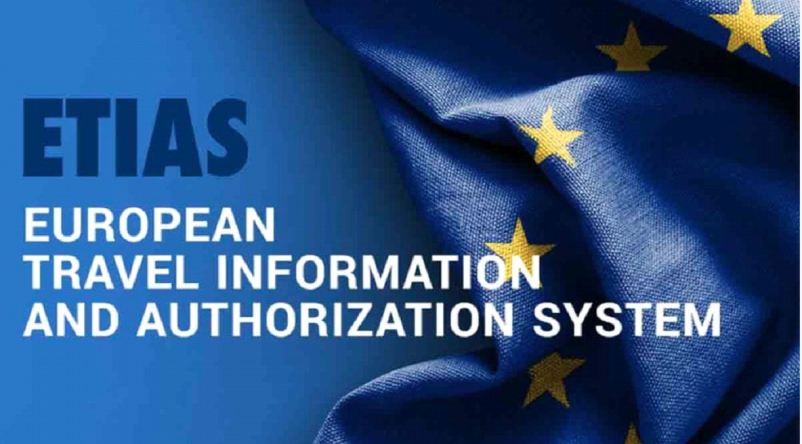The EES (Entry Exit System), which is intended to strengthen controls at the EU's external borders, has already been postponed several times at the request of the main players in the sector, citing a lack of preparation and allocation of sufficient staff.
Four of the world's largest aviation industry institutional bodies (ACI Europe (the European arm of the Airports Council International), A4E (Airlines for Europe), IATA (International Air Transport Association) and ERA (European Regions Airline Association) have issued a joint statement welcoming the further postponement of the entry into force of the EES (Entry Exit System).
1.4 billion travelers affected
After already being postponed several times, the new passenger screening system was to be applicable from May 2023. And its implementation has finally been postponed once again to November 1, 2023. The European Union has been working since 2016 on this new travel authorization which has been named "ETIAS" (European Travel Information and Authorization System) from the name of the form to be filled out or "EES" (Entry Exit System). This new control system will address 1.4 billion travelers from 60 countries who currently can travel to the 27 countries of the Schengen area for a short stay without a visa. Starting November 1, 2023 (if the date is not postponed again), these travelers will have to fill out an ETIAS form before the trip that will have to be presented at the entrance of the Schengen zone member country.
Very urgent problems to be solved for a proper application of the new control system
The problem is that before the implementation of this new system, which will lead to a strengthening of controls at the external borders of the European countries that are part of the Schengen zone, there are still many points to be settled, which were already raised for many months, including by the UAF (Union of French Airports) through the voice of its president, Thomas Juin. The signatories of the joint statement considers that there are four major issues to be addressed before the implementation of the new system:
- A wider and more effective adoption of automated border crossing systems by national authorities.
- A financial involvement of Member States that there are sufficient trained staff and human resources to manage the crossing of external borders, especially in airports.
- A deployment of sufficient staff for the implementation of the new control procedures by airports and airlines.
- The need for a communication campaign to alert third-country nationals to the new measures being put in place.
A very welcome extra time to prepare and test the new system
"Delaying this implementation until after the summer 2023 busy period will give airlines, airports, the European Union and national authorities the opportunity to resolve these issues and ensure that the system is fully operational. For this reason, we urge all those involved to use the extra time to manage the huge problems that remain and to ensure that sufficient resources are deployed when the new system is introduced," the four organizations that signed the statement said.
Découvrez cet article sur Air&Cosmos

